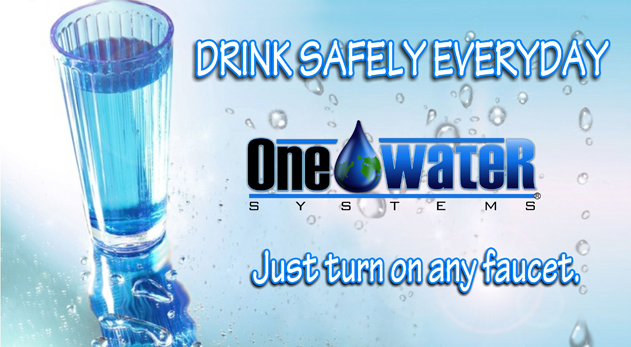Total Dissolved Solids
Total Dissolved Solids, TDS, is a unit of measurement of the combined content of all inorganic and organic substances contained in a liquid in molecular, ionized or micro-granular (colloidal sol) suspended form. TDS are made up of minerals, or compounds, which dissociate in water to form ions. For example, some minerals that are found in the TDS of water are calcium, magnesium, bicarbonate, etc. TDS typically has a direct correlation of harness of the water; the higher the TDS the more hard your water is, or the more minerals it has.
Does a water softener reduce the hardness of water? The short answer is no. The reason for that is because a water softener replaces the calcium and magnesium ions with and equal amount of sodium and potassium ions. This leaves the total overall TDS the exact same. The truth of the matter is that water softeners don’t improve your overall quality of water; in fact some say it makes it worse. Not many people would like to absorb salt into their bodies, but that is what is happening with a water softener.
The true way to improve the quality of water is to filter it. This means leaving everything in the water unchanged that is good for your body, calcium, magnesium, etc, and taking every thing that is bad for you out of the water. TDS, or hardness, is not a bad thing. In fact most spring waters have a TDS of around 200-400 (the Missouri River near Great Falls has a TDS around 250).
If you are looking to improve your quality of water please give us a call as we would like to help. (760) 994-4795. Here at One Water Systems we improve the quality of water through a filtration process and improve scale build up through our certified de-scaler unit, only available here at One Water Systems.




